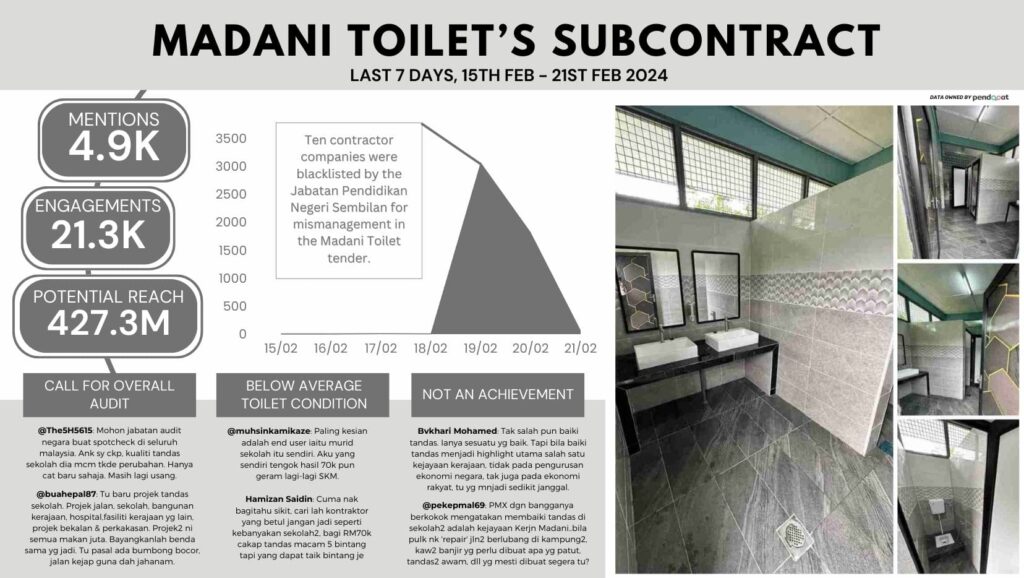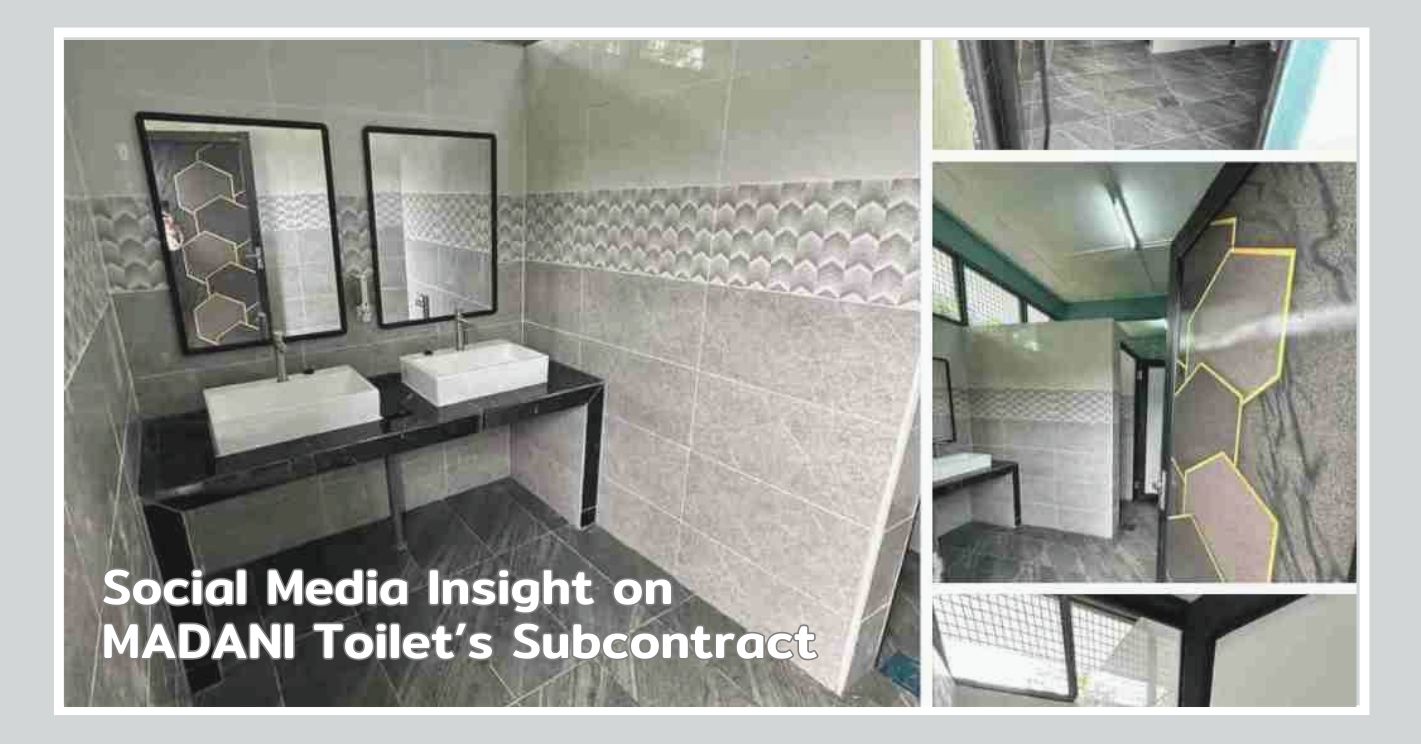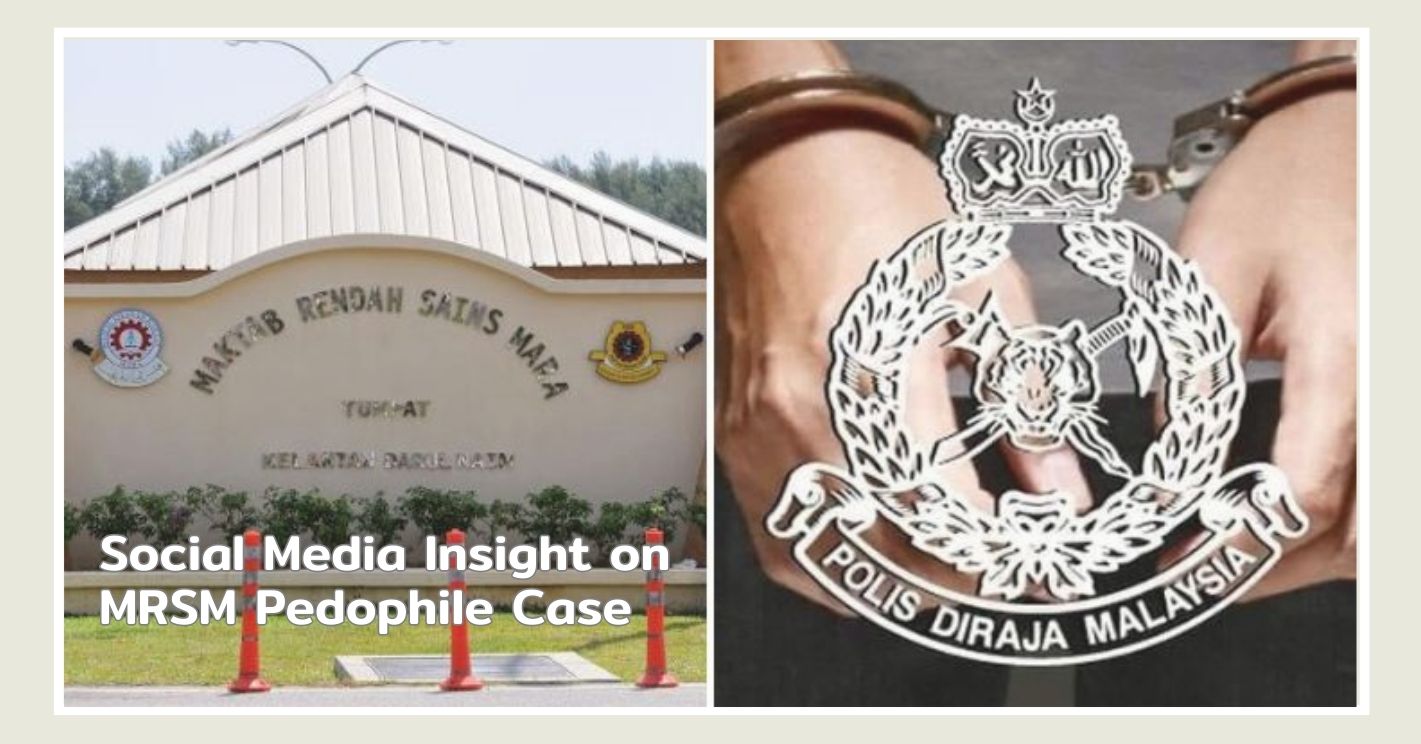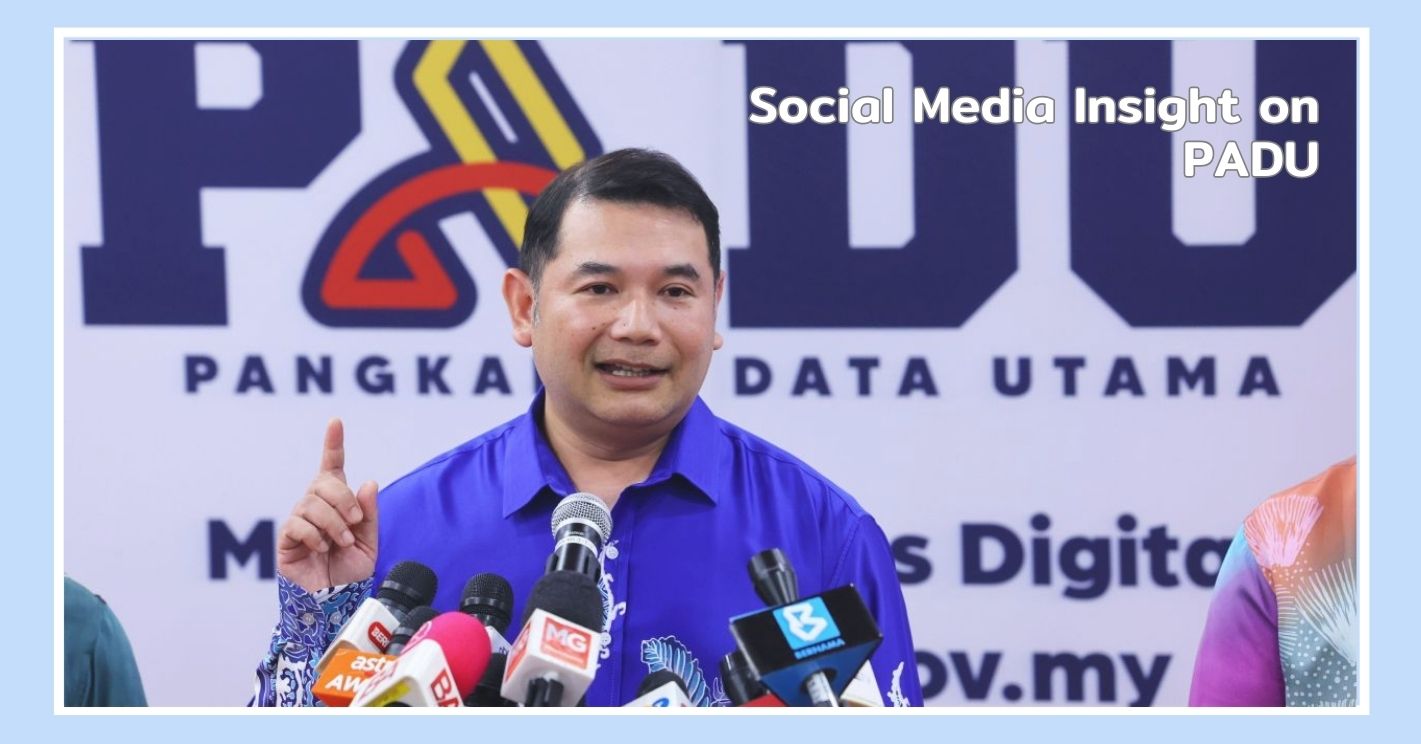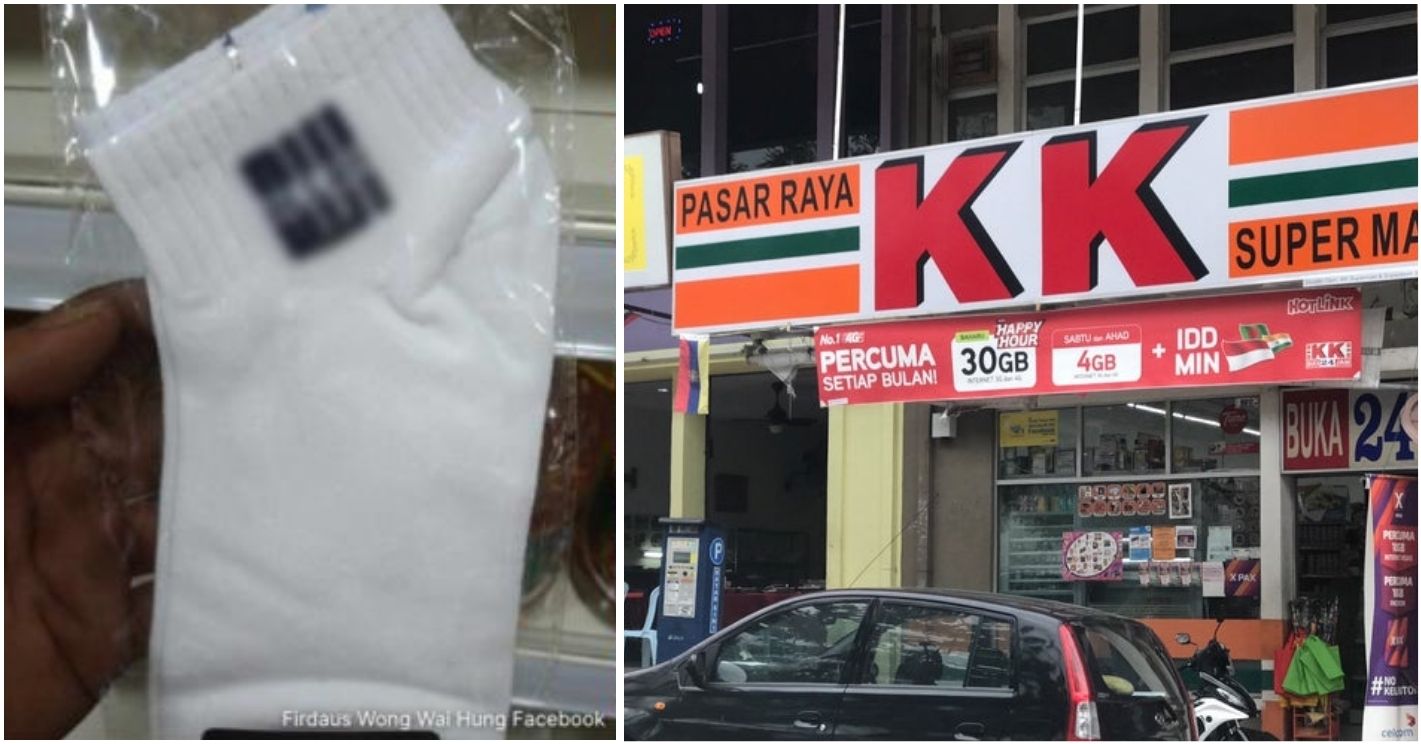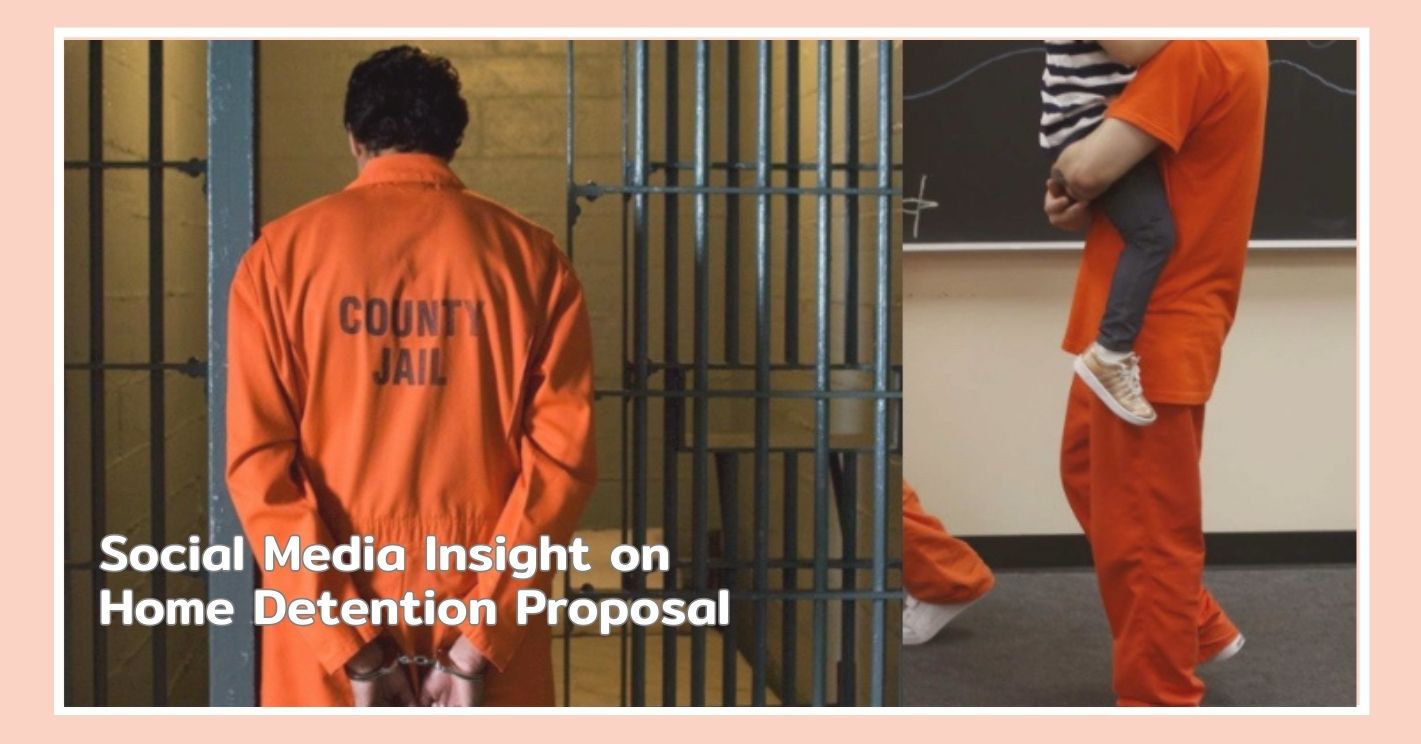Public outcry ensues as 10 contractors face backlash for subcontracting Madani toilets, sparking debates on ethics, quality, and government accountability in infrastructure projects.
Insight:
- The conversations on Madani Toilet Subcontract garnered around 4.9K mentions with 21.3K social interactions that potentially reached 427.3M users for the past 7 days.
- Public sentiment towards the 10 contractors blacklisted by JPNS for subcontracting Madani toilets is notably negative, with widespread disapproval evident among the populace. People are deeply critical of the contractors’ actions, perceiving them as taking undue advantage of government funds intended for the enhancement of school facilities. This exploitation is viewed as unethical and self-serving, particularly given the longstanding issues surrounding the inadequate state of school toilets.
- A primary criticism leveled against the contractors revolves around their perceived misallocation of resources, which were designated to address crucial infrastructure deficiencies in schools. By resorting to subcontracting practices, these contractors are seen as prioritizing their own financial gains over the welfare of students and educators. This criticism resonates strongly with the public, reflecting broader concerns about accountability and transparency in government-funded projects.
- Concerns about the quality of workmanship conducted by subcontractors have also emerged within public discourse. There is apprehension that these subcontractors, motivated by the need to adhere to tighter budgets, may compromise on the standard of work performed. Such cost-cutting measures could lead to incomplete projects or the construction of toilets that are structurally unsound and prone to rapid deterioration.
- Additionally, public engagement on social media platforms has facilitated the sharing of personal anecdotes by netizens, recounting their firsthand experiences with poorly maintained school toilets. These narratives serve to underscore the urgent need for effective intervention to rectify longstanding infrastructure deficiencies in educational institutions. Furthermore, explanations have been provided to elucidate how subcontracting arrangements can exacerbate these issues by incentivizing shortcuts and compromises in quality due to budget constraints, emphasizing the imperative for enhanced oversight and accountability mechanisms in public infrastructure projects.
